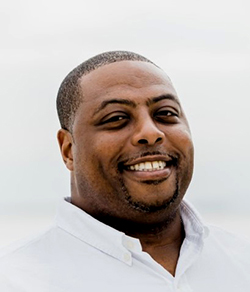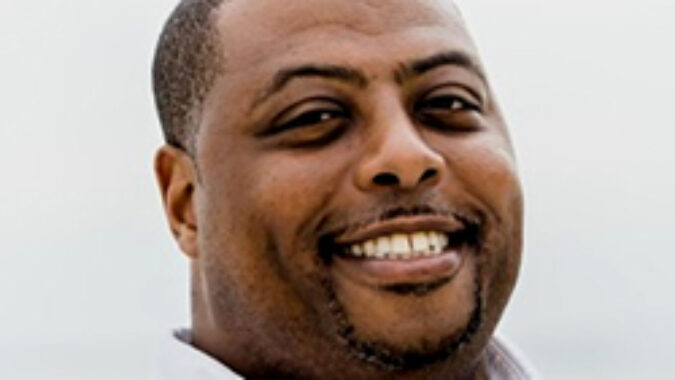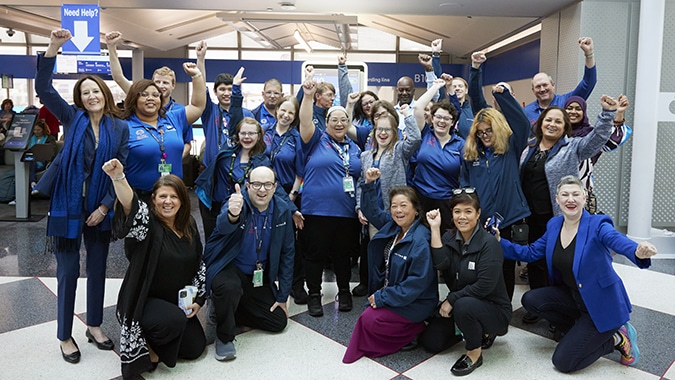 Dr. Ebbie Parsons’ call to action is to ensure that anyone, regardless of ethnicity, gender, race, skin color, or sexual orientation, has access to opportunities based solely on their abilities. As a Black child growing up, this was the environment of his native Detroit.
Dr. Ebbie Parsons’ call to action is to ensure that anyone, regardless of ethnicity, gender, race, skin color, or sexual orientation, has access to opportunities based solely on their abilities. As a Black child growing up, this was the environment of his native Detroit.
“Everyone looked like me, whether it was the mayor or judge, etc. There was no opportunity gap as it related to race,” he said this morning at a New Jersey Business & Industry Association virtual Fireside Chat during the second day of the organization’s Diversity & Inclusion Summit.
Parsons had an awakening when he left Detroit. Not all cities were offering equal opportunities for people of color. “Many [Blacks] who were beyond qualified [for job positions] had limited to access to those opportunities.
As founder and managing partner of Yardstick Management, the nation’s leading all-Black consulting firm with clients such as Netflix, Facebook, LinkedIn, Amazon, Panasonic and Prudential, Parsons has built a career around creating opportunities for minorities in settings where opportunities are needed.
The events of the past year have shed a light on the continued challenges.
When Parsons was asked by NJBIA President and CEO Michele Siekerka how he has advised clients during a year of COVID-19 and social injustice issues that have changed people’s actions, perceptions and behaviors, he responded that 2020 was “a year like no other.”
With all that had been going on, including the disparate impact of COVID-19 on communities of color and the murder of George Floyd and related protests, Parsons said businesses could not contend that inequities are nonexistent within their organizations. “It is everywhere and rampant throughout US companies. They are realizing there is a need for change and they must do it because they need to, not because they want to.”
He said that in the personal networks of white Americans, 75% have zero non-white friends. The remaining 25% have one Black, one Asian and one Hispanic friend.
“When you add to that the fact that 80% of jobs are filled by these personal networks and that almost the same percentage of these jobs are never posted, it is not difficult to comprehend that you are not going to find the best person for the job [based on talent and skill] if you have this significant homogenous network of people making decisions,” Parsons explained.
When asked by Siekerka how executives can get introduced to more diverse groups to create more diverse workplaces, Parsons said, “This has to be approached from a humble perspective.
He said the employee resource groups (ERGs) within companies that seek to foster diverse, inclusive workplaces, should be “empowered with more funding.”
“Some of the world’s biggest companies may only allocate $10,000 to these ERGs, but if you are truly looking to partner with them, think of how their charge can help transform the entire organization. ... Put the resources behind them,” Parsons said.



